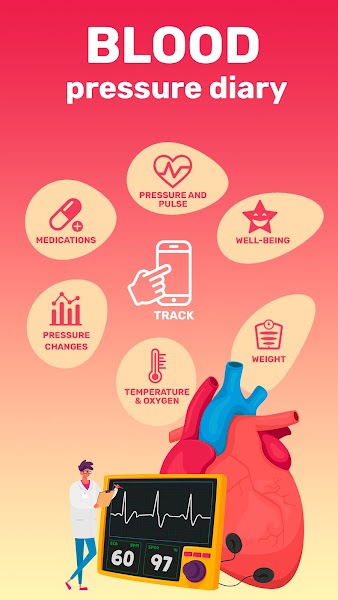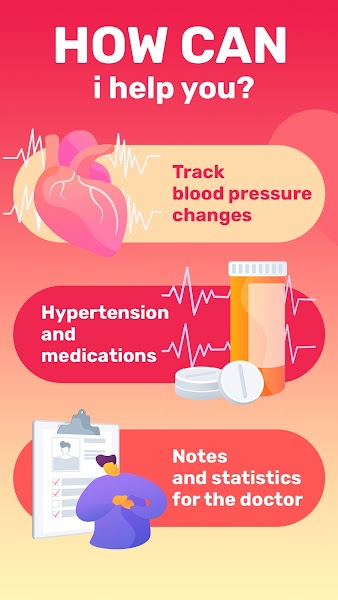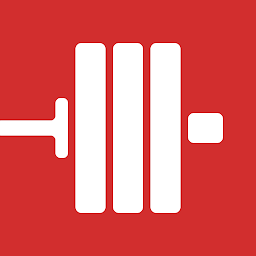Understanding Blood Pressure
Blood pressure is the force exerted by the blood against the walls of the arteries as it is pumped around the body by the heart. It is measured in millimeters of mercury (mmHg) and is usually expressed in two numbers, such as 120/80 mmHg. The top number, or systolic pressure, represents the pressure when the heart beats and pumps blood. The bottom number, or diastolic pressure, represents the pressure when the heart is at rest between beats. Both numbers are important indicators of overall cardiovascular health.
 |
 |
Monitoring Blood Pressure
Regular monitoring of blood pressure is essential for maintaining good cardiovascular health and preventing complications such as heart disease, stroke, and kidney failure. There are various ways to measure blood pressure, including manual blood pressure monitoring using a sphygmomanometer and stethoscope, or using an automatic blood pressure monitor at home or in a clinical setting. It is important to follow the recommended guidelines for monitoring blood pressure and to keep track of readings over time to identify any trends or changes.
Factors Affecting Blood Pressure
Several factors can influence blood pressure, including age, gender, genetics, diet, exercise, stress, and underlying health conditions. Age-related changes in blood vessels and decreased flexibility can lead to higher blood pressure levels in older adults. Gender differences in blood pressure are also observed, with men typically having higher blood pressure than women until menopause. Genetics play a significant role in determining an individual's blood pressure, with a family history of hypertension increasing the risk of developing high blood pressure. Lifestyle factors such as diet, exercise, smoking, and alcohol consumption can also affect blood pressure levels.
Managing Blood Pressure
Maintaining a healthy lifestyle is key to managing blood pressure and reducing the risk of cardiovascular disease. This includes eating a balanced diet rich in fruits, vegetables, whole grains, and lean proteins, limiting salt and saturated fat intake, and avoiding processed and high-calorie foods. Regular physical activity is also essential for controlling blood pressure, as it helps to strengthen the heart and lower blood pressure levels. Managing stress through relaxation techniques, meditation, and mindfulness can also have a positive impact on blood pressure. In some cases, medication may be prescribed to help lower blood pressure and reduce the risk of complications.
Blood Pressure Monitoring Apps
Blood Pressure-Cardio is a convenient and user-friendly app designed to help individuals monitor and track their blood pressure readings. With features such as easy data entry, customizable reminders, interactive graphs, and data export options, the app makes it easy to keep track of blood pressure levels and identify any patterns or trends. Users can also set personalized goals for their blood pressure readings and receive notifications to stay on track. The app provides valuable insights into overall cardiovascular health and can be a valuable tool for managing blood pressure and preventing complications. Download Blood Pressure-Cardio today to take control of your cardiovascular health.


















